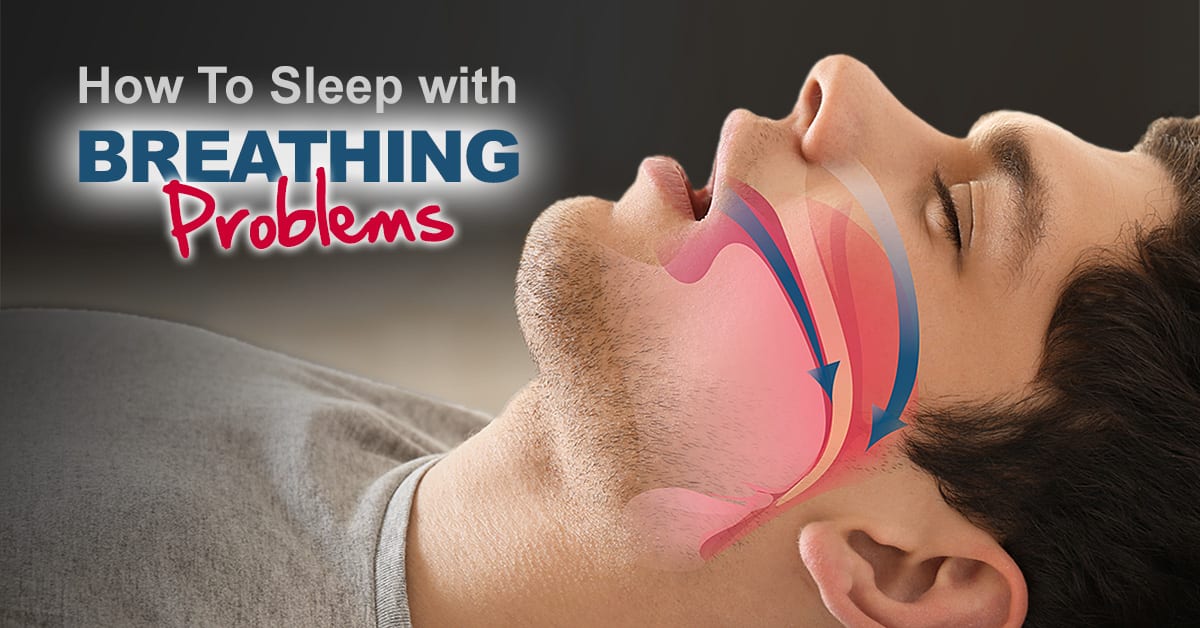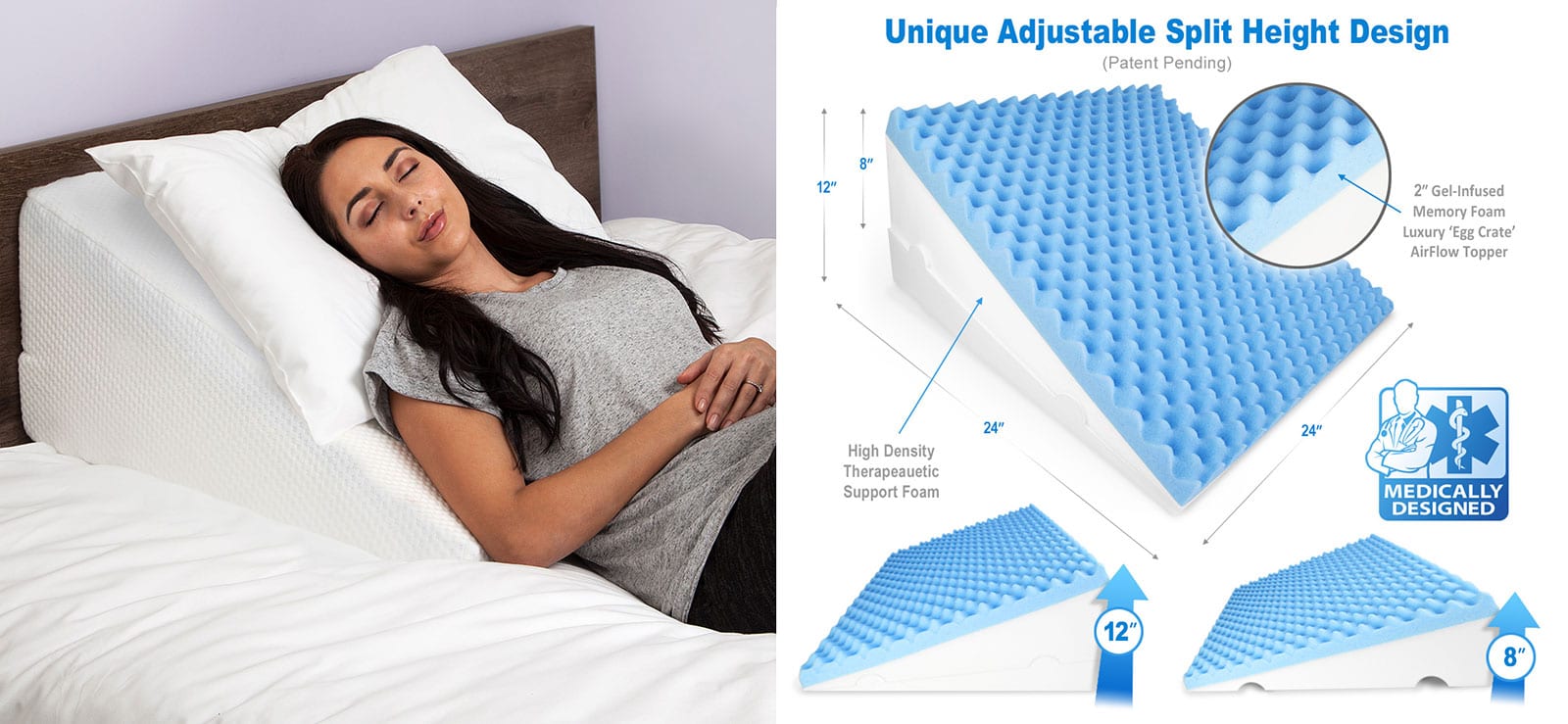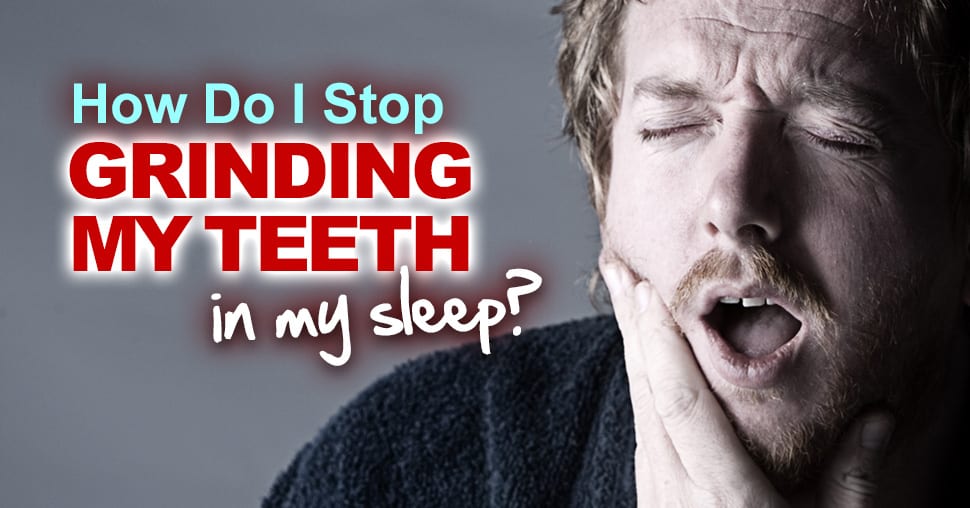View on Amazon

Why do I have Trouble Breathing at Night?
Sleep is a fundamental requirement that all our bodies need, yet many people have trouble breathing at night. Sleep gives our bodies time to rest and repair, so without good quality sleep we are more susceptible to illness and longer recovery times. There are many reasons why people do not get good quality sleep and difficulty breathing is just one of them. Find out how to sleep with breathing problems, improve sleep naturally and get the rest you need.
For all people lying down to go to sleep impairs breathing slightly but with no significant effect. However, for some groups of people the effect can be significant. Their respiratory function does not work effectively in this position and so they experience difficulties in breathing when trying to sleep. The reasons for this are varied, but some of the common causes of respiratory difficulty when sleeping are:



Sleep Apnea
Put simply sleep apnea is when someone’s breathing pauses when they are sleeping due to an obstruction. This often causes the sufferer to stir from sleep so that wakeful breathing takes place and can require the use of a CPAP mask to help deliver the air to the airway during sleep.



Anxiety or Panic Disorder
Panic attacks and anxiety can cause a range of symptoms including shaking, heart palpitations, feelings of choking and shortness of breath. A panic attack can occur when awake or asleep, but when asleep it can be even more frightening, due to waking up not being able to breathe.



Respiratory Infections
We can all suffer from viral or antibacterial infections. Many of these infections can affect the respiratory system. The virus can cause mucous to collect either in the throat or lungs which can make breathing difficult. This is particularly exacerbated when sleeping.



COPD & Emphysema
Chronic Obstructive Pulmonary Disease is a condition which affects the lungs and can be extremely debilitating. Often caused by smoking, symptoms include a chronic cough and shortness of breath even when doing light everyday activities.
What can I do to breathe better at night?
Whatever the cause of breathlessness when sleeping there are several steps that can be taken to improve oxygen flow into the respiratory system which will in turn improve sleep naturally and help the body to rest:
- Medication – make sure that you are on the appropriate medication for the cause of your breathlessness. Time your medication carefully so that you can take the maximum dose before sleeping to get you through the night. This will help to relief symptoms.
- Sleep with your head elevated – medics recommend sleeping with your torso and head elevated above the rest of your body. Lying flat causes gravity to put a lot of pressure on your lungs. If the torso is elevated this reduces the pressure, which in turn opens the airways making breathing easier. Using a wedge pillow to elevate your head is a great way to achieve the correct position. You need to begin the elevation from the base of your back rather than by just using more normal pillows. Elevating the whole torso helps to keep your back straight leading to good spinal health, which in turn supports the respiratory system. Wedge pillows are available in various heights which are appropriate depending on your symptoms and personal preference. If you have not used one before choosing one with an adjustable height gives you the flexibility of testing out different heights.
- Relaxation and Meditation – practicing deep breathing or relaxation techniques before you go to sleep can help to prevent panic attacks during sleep and so preventing some breathlessness occurrences. Numerous medical studies have shown that practising deep breathing at frequent times throughout the day also has a beneficial effect on oxygen intake and lung function
- Take regular and appropriate exercise – regular exercise has multiple beneficial effects on our bodies, in particular the respiratory system. This does not mean that we should all be completing a 5 mile run daily – the exercise should be appropriate. For some this will be walking around the back yard a couple of times, for others a 2 mile swim. The key is that the exercise should be carried out on a regular basis.




